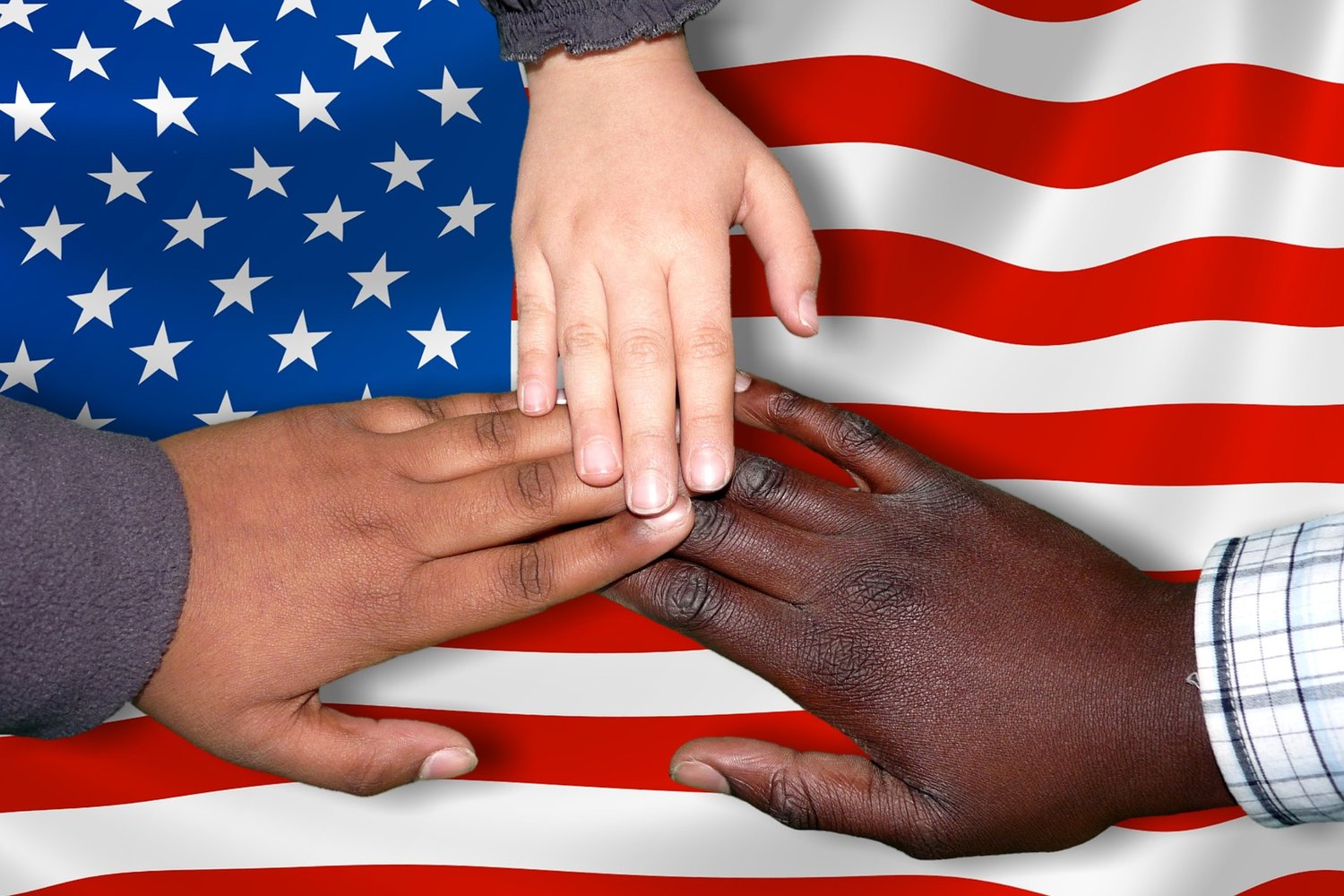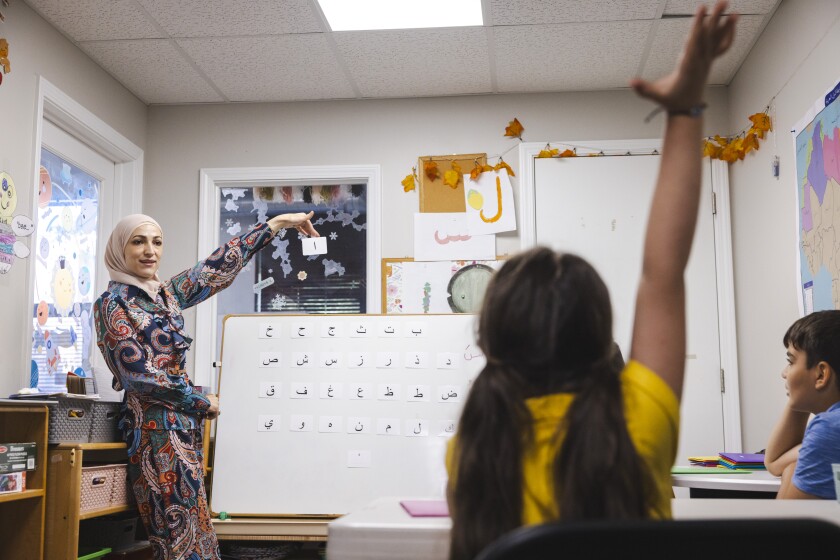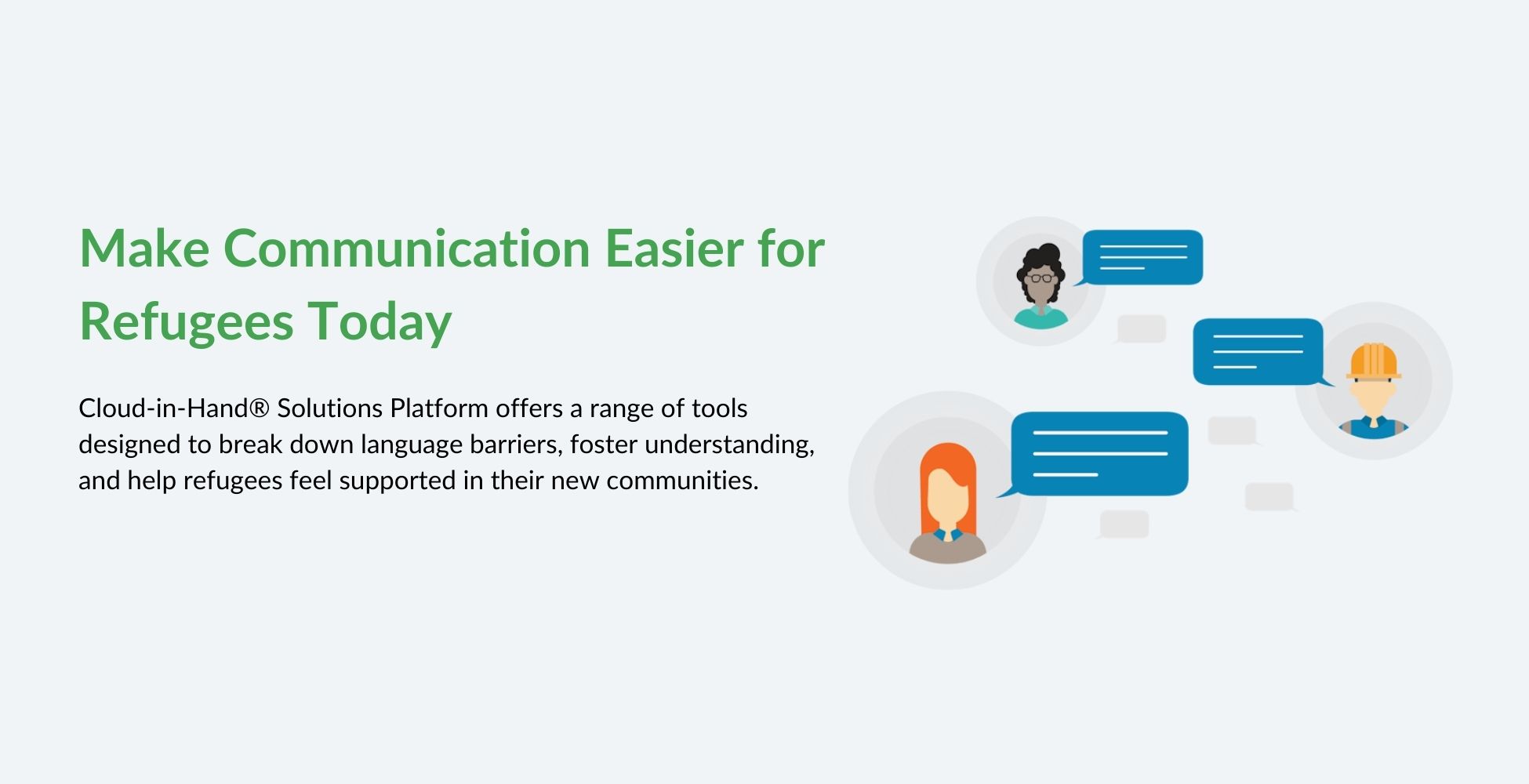
How Technology Supports Refugees in New Communities
 Over the past ten years, the United States has welcomed a significant number of refugees from diverse countries. Majority of these refugees come from regions where English is not the primary language. For some, literacy in their native language is also a challenge. This has made it difficult for refugees to effectively communicate with facilities designed to support refugees.
Over the past ten years, the United States has welcomed a significant number of refugees from diverse countries. Majority of these refugees come from regions where English is not the primary language. For some, literacy in their native language is also a challenge. This has made it difficult for refugees to effectively communicate with facilities designed to support refugees.
At Cloud in Hand Solutions Platform, we understand the challenges these individuals face. Many have fled their country and traveled thousands of miles in search for a better life. Our goal is to help refugees and support organizations in their efforts. We strive to bridge the communication barrier by offering innovative features tailored to enhance communication and understanding. For instance, our Stratus-io app allows instant SMS notifications to be sent in multiple languages. However, this is just one of many features that is there to help!
To learn more about our solutions and how they can make a difference, continue reading our blog.
Understanding Refugees
There are a multitude of reasons why refugees flee their countries. This could include war, persecution, violence, or natural disasters. No matter the circumstance, each of these reasons can leave the refugee with a traumatic experience. Some refugees may experience more severe effects, which could develop into anxiety disorders, depression, or post-traumatic stress. These challenges can create significant barriers to healing and adaptation.
Once they have escaped their harmful situations, refugees often find themselves in countries where they do not understand the language or culture, adding another layer of difficulty to their transition. This language barrier can make it hard to communicate, access essential services, and connect with their new communities. Understanding their journey is crucial in fostering empathy and support for those who have endured so much.
The Importance of Language Access
 Imagine entering a new country after undergoing such traumatic experiences, not knowing the new country’s language. According to data, nearly 44% of the refugees reported that they did not speak any English when they first arrived in the United States. This statistic shows the importance of providing resources that help refugees navigate the complexity of transitioning to a new country.
Imagine entering a new country after undergoing such traumatic experiences, not knowing the new country’s language. According to data, nearly 44% of the refugees reported that they did not speak any English when they first arrived in the United States. This statistic shows the importance of providing resources that help refugees navigate the complexity of transitioning to a new country.
Language access is not just about communication; refugees need access to vital services such as healthcare, education, and employment opportunities. Without proficiency in the local language, refugees may struggle to seek medical assistance, understand legal documents, or connect with community support. This can lead to feelings of isolation and frustration, making it even harder to rebuild their lives.
“Nearly 44% of the refugees reported that they did not speak English”
A Case Study: Linet Garcia - Navigating New Realities
Linet Garcia’s transition from Cuba to Kansas illustrates the importance of language access and communication for refugees. Linet faced unexpected challenges upon arrival in the United States. This included navigating everyday tasks and cultural practices. However, with her knowledge in the English language, she was able to adapt and become an Employment Specialist. Now, she uses her experiences to guide fellow refugees through the complexities of resettlement. Linet emphasizes that mastering the local language is essential for accessing services and opportunities, reminding newcomers, “You have to learn English… and do all the paperwork you need.” Her journey highlights how effective communication can empower refugees to rebuild their lives.
Technology as a Tool for Integration
In an ideal world, every refugee would be fluent in English. However, that’s not always the case. As a refugee support organization, it’s essential to integrate the right tools to help refugees thrive. With Cloud-in-Hand Solutions Software, you can provide support for those struggling with English or even their native language. Here are some key features that can make a difference:
Watch How Stratus-io is Breaking Communication Barriers
Many refugee families face challenges staying connected to their children’s education due to communication barriers. This video highlights the inspiring work of an organization that provides tutoring services for refugees with limited education. It also shares how Stratus-io Time and Attendance software is helping bridge these gaps by offering tools that empower parents and improve communication between families and schools.
Watch the video below to learn more about how Stratus-io Time and Attendance is supporting refugee communities.
Conclusion
Lastly, supporting refugees in their transition to a new life is both a responsibility and an opportunity for us all. By understanding their challenges and leveraging technology, we can break down communication barriers and foster a sense of belonging. As we’ve seen through Linet’s story, language access is key to helping refugees thrive. At Cloud-in-Hand Solutions, we are committed to providing the tools needed for refugees to connect, adapt, and succeed!
Read more about our solutions:





